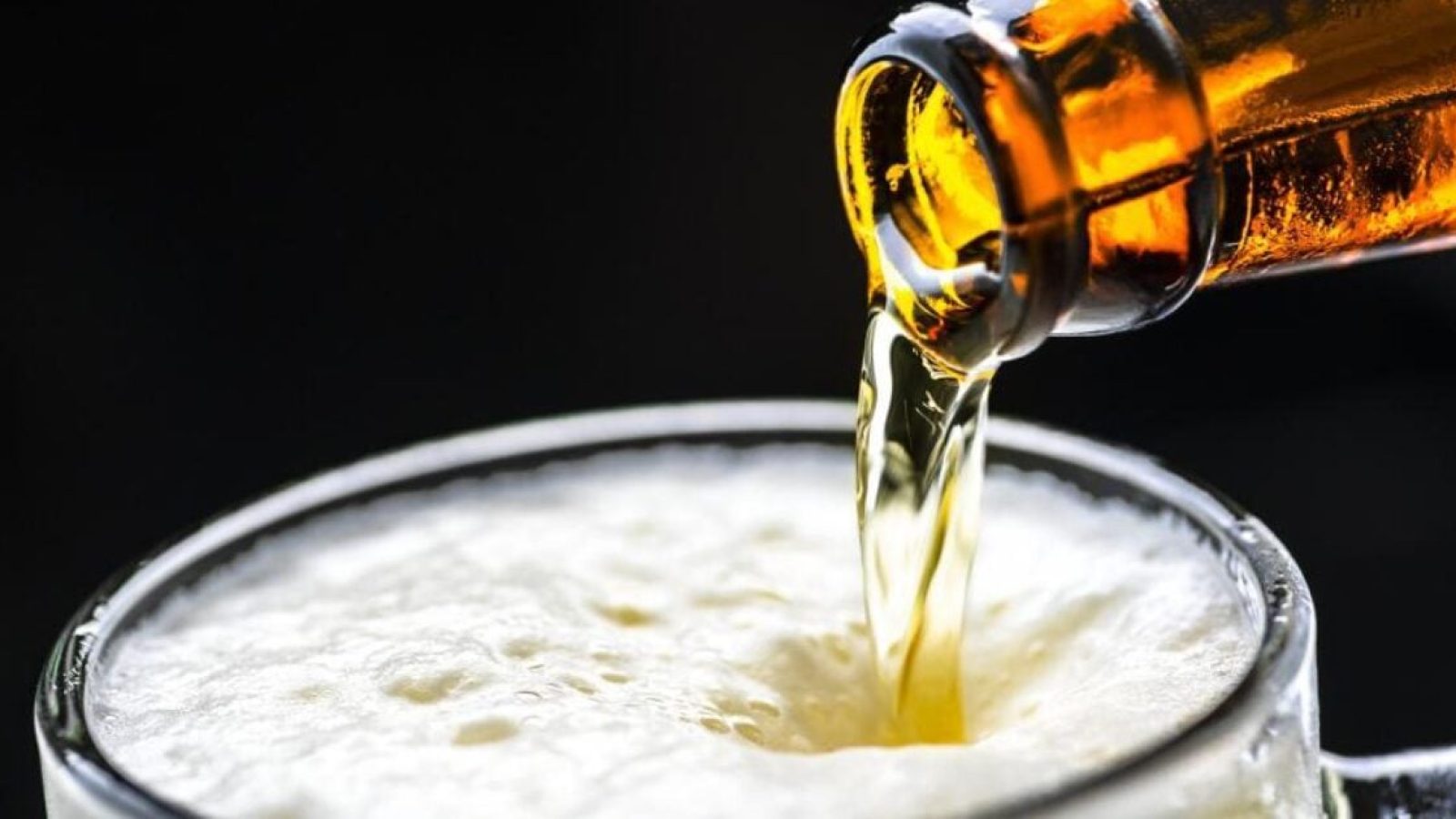The City of San Francisco has received tremendous criticism for a taxpayer-funded program that provides free beer and vodka shots for homeless alcoholics.
San Francisco reportedly spends approximately $5 million per year on a “Managed Alcohol Program.”
“Did you know San Francisco spends $2 million a year on a ‘Managed Alcohol Program?’ It provides free Alcohol to people struggling with chronic alcoholism who are mostly homeless. I stumbled upon the building where they have this program,” Adam Nathan, the founder and CEO of marketing AI tool Blaze and the chair of the Salvation Army San Francisco Metro Advisory Board, stated on social media.
Although Nathan said the program cost $2 million per year, the New York Post noted it costs the city $5 million per year.
Did you know San Francisco spends $2 million a year on a “Managed Alcohol Program?” It provides free Alcohol to people struggling with chronic alcoholism who are mostly homeless. I stumbled upon the building where they have this program. This is what I saw.
— Adam Nathan • blaze.ai (@adampnathan) May 8, 2024
“The location is an old hotel in SOMA. Inside the lobby, they had a kegs set up to taps where they were basically giving out free beer to the homeless who’ve been identified with AUD (Alcohol Use Disorder),” Nathan said.
“While there have been some limited studies showing some promise, I have to point out a couple of things that troubled me,” he added.
While there have been some limited studies showing some promise, I have to point out a couple of things that troubled me.
— Adam Nathan • blaze.ai (@adampnathan) May 8, 2024
“1. The Department of Public Health is spending $2 million of taxpayer dollars to give free alcohol to mostly homeless people struggling with alcoholism. 2. It’s set up so people in the program just walk in and grab a beer, and then another one. All day,” he continued.
“The whole thing is very odd to me and just doesn’t feel right. Providing free drugs to drug addicts doesn’t solve their problems. It just stretches them out. Where’s the recovery in all of this?” he questioned.
The whole thing is very odd to me and just doesn’t feel right. Providing free drugs to drug addicts doesn’t solve their problems. It just stretches them out. Where’s the recovery in all of this?
— Adam Nathan • blaze.ai (@adampnathan) May 8, 2024
From the New York Post:
The program as described by the Chronicle sees nurses dispense “controlled doses” of vodka and beer to street people at specific times of the day. Intended to keep the homeless off the streets and out of jail or the emergency room, it’s run out of a former hotel in the city’s Tenderloin district.
The program started with 10 beds and has now grown to 20, the Chronicle reported. Over the four years, it’s served 65 clients total, the report said, with the goal of keeping the participants out of the ER and reducing calls to cops.
Nathan said he took a close look at the high-octane giveaways.
Excuse me what?! https://t.co/ul6JhneX7x pic.twitter.com/U1YpUmW2sC
— L (@SomeBitchIIKnow) May 11, 2024
Per Fox News:
The “Managed Alcohol Program” operated by San Francisco’s Department of Public Health serves regimented doses of alcohol to voluntary participants with alcohol addiction in an effort to keep the homeless off the streets and relieve the city’s emergency services. Experts say the program can save or extend lives, but critics wonder if the government would be better off funding treatment and sobriety programs instead.
“Established in countries such as Canada and Australia, a managed alcohol program is usually administered by a nurse and trained support staff in a facility such as a homeless shelter or a transitional or permanent home, and is one method to minimize harm for those with alcohol use disorder,” the California Health Care Foundation explains in an 2020 article describing the pilot program.
“By prescribing limited quantities of alcohol, the model aims to prevent potentially life-threatening effects of alcohol withdrawal, such as seizures and injuries.”
The San Francisco managed alcohol program, or MAP, was established during the COVID-19 pandemic to prevent vulnerable homeless people who were placed in isolation in hotel rooms from suffering from alcohol withdrawal. But the program, which started with 10 beds, has since been expanded into a 20-bed program that operates out of a former hotel in Tenderloin with a $5 million annual budget, the San Francisco Chronicle reported.
Alice Moughamian, the Nurse Manger of the Managed Alcohol Program and the San Francisco Sobering Center, explained in an October presentation that nurses provide clients with a motel room, three meals a day, and enough alcohol “to meet their addiction needs, but keeping someone at a safe level of intoxication.”
This is a Guest Post from our friends over at 100 Percent Fed Up.




Join the conversation!
Please share your thoughts about this article below. We value your opinions, and would love to see you add to the discussion!